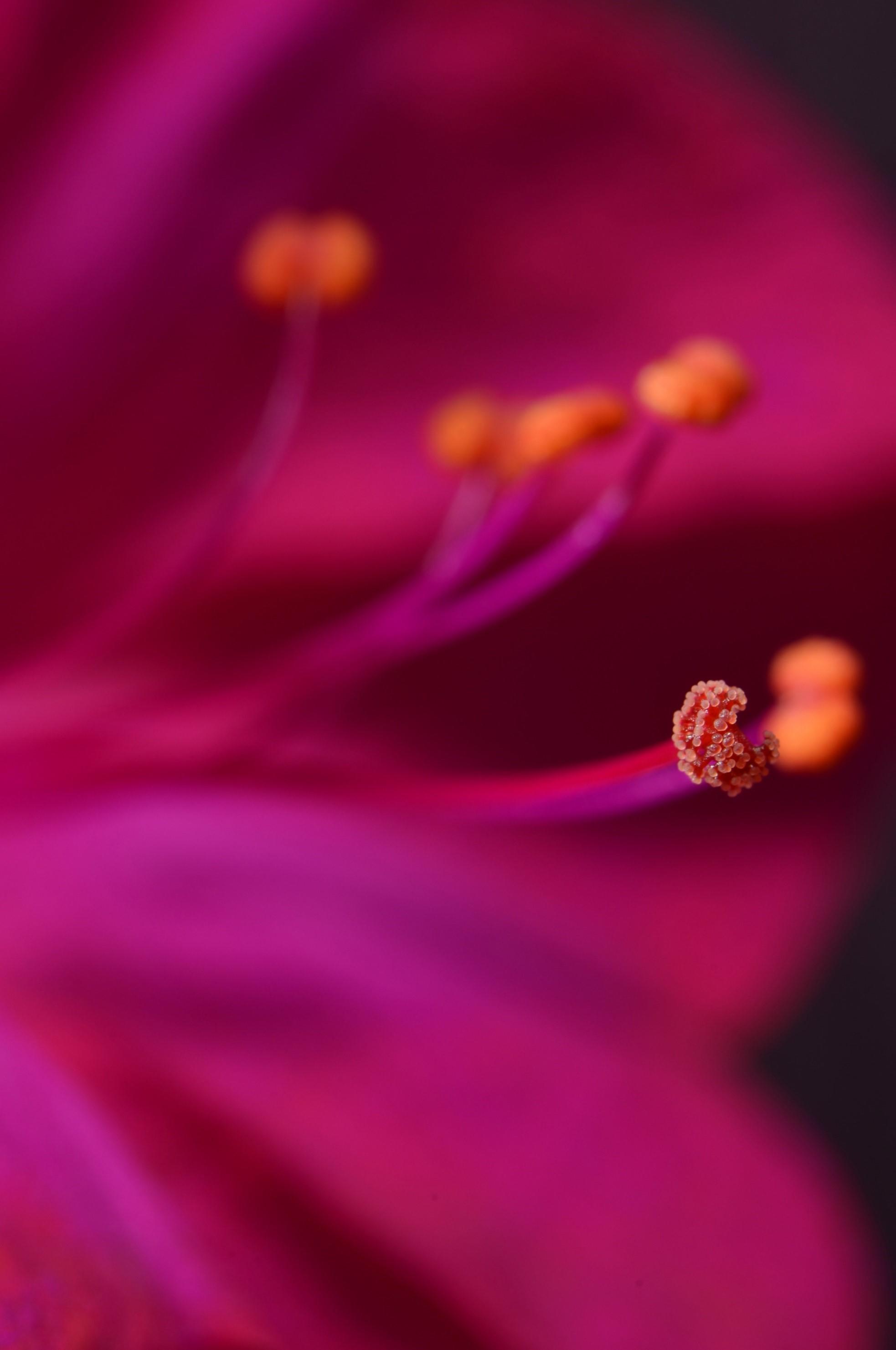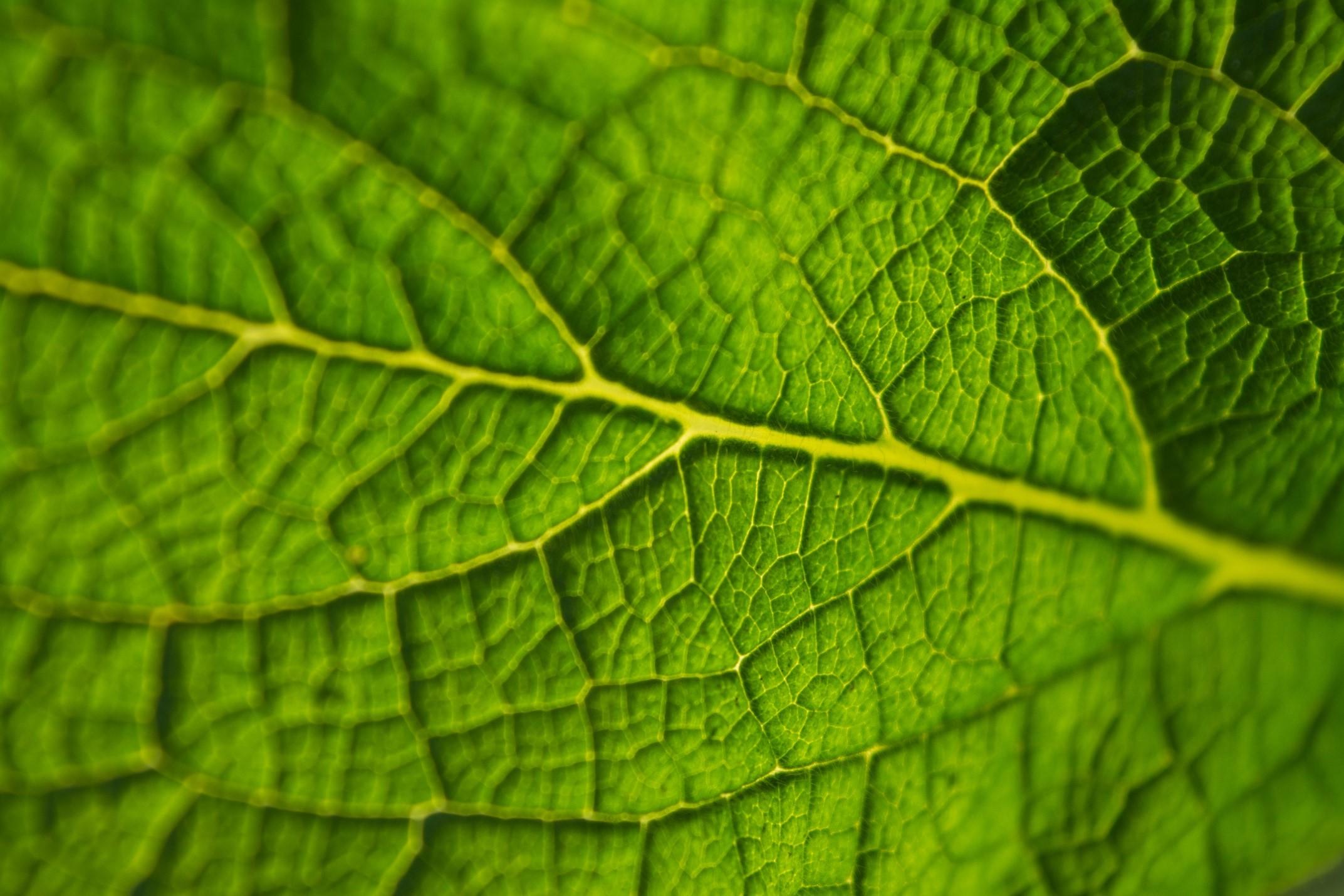To be honest, botany isn’t often considered to be as sexy a science as neurology or genetics, mostly due to the vague understanding of what exactly botany is and how botanists work. Botany is the scientific study of all plant life, often referred to as plant biology. A botanist is a scientist that specialises in the study of various aspects of plants, such as the physiology and genetics of plants, to improve the quality of crop production and the natural ecosystem.
To understand botany, it is important to know that the field involves an enormous amount of diversity in terms of the subjects it covers. In fact, it makes up one of the three main branches of biological studies and ranges from plant breeding, ecology, medicine and even studies on the molecular level. If you've ever been interested in the genres, processes and environments of plants, and fascinated by the magic that mother nature does with a seed that turns into a tree that gives you fruit forever, you’ll definitely benefit from learning about the history, study and careers involved in this field.


What is Botany?
Botany is said to have been founded in about 300BCE by the Greek philosopher Theophrastus and is defined as the branch of biology that that strives to understand the properties and biological processes of plants. The reason for botany’s deep historical roots is the fact that human development was and continues to be contingent on using plants for food, shelter and medicine. Satisfying human needs for sustenance and safety lead to many early civilizations, such as tribal groups in South American and New Guinea, classifying hundreds of plants in terms of edibility and utility. Development of tools for harvesting food has led to the necessity of understanding plant reproduction. The interaction between organisms, especially humans, and their environments would later form the basis of another discipline: ecology. The development of the optical lens in the 1600s let to an explosion of knowledge on everything molecular about plants. Because advancements on botany before the invention of the lens had to rely on experiments performed with the naked eye, the optical lens led to a new way of thinking about plants. This included not only performing experiments but also to the painstaking task of classifying plants of every specie from all over the world. It was in 1655 that Robert Hooke, in his work on plant tissue entitled Micrographing, coined the word cell. Microscopic studies allowed for more in depth studies on the world of plants. For example, this century formed the basis of understanding how plants undergo the process of photosynthesis, which has been vital in the conservation and improvement of the earth’s atmosphere. Like any other subject, advancements in technology have made it possible to expand and improve the field of botany to include helpful forecasts and simulations. For example, the implementation of testing systems have helped uncover and ameliorate products for crop protection. Another example can be found in the systems of measuring and evaluating infectious diseases with plant origins. Look up for biology tutors on our platform now.
Careers in Botany
Careers in botany are vast and variable. The traditional spirit needed for a career is botany is love of the outdoors and of work in the identification and classification of various plants. The good news is that this traditional spirit isn’t always necessary for careers in botany, as the discipline is extremely diverse and vast. Here, we give some important information on the types of jobs, as well as the expected salaries and educational requirements involved in botanical sciences. Botany includes a variety of career paths because of its interdisciplinary nature – including systematics, conservation, ecological concerns and work in pollination. The type of degree you should pursue will, therefore, mostly depend on which type of pathway you’d like to take – however, there are some general guidelines you can follow if you’re interested in a career in Botany. If you’re interested in being anything from a technician, teacher or product developer, you should attain a bachelors or master’s degree depending on the level of seniority you are looking for. If you’re looking for independent or government-sponsored research positions, it is necessary to attain a doctorate. In general, botanists are, for the most part, are mostly found working for government agencies, research institutions or pharmaceuticals. These general guidelines, however, are meant to give you an introductory picture into working in the botanical sciences. It is important to do research into the specific type of career you would like to have and understand the unique requirements it will take to get you there. Financial matters often play a major role in helping students and young professionals decide what career path they would like to take, as well as seasoned professionals that are looking to switch careers. While salaries will, of course, depend on your geographical region, it is important to always have individual job positions in mind when researching potential salaries. In the UK, the average starting annual salary is £22,000, while more experienced workers get as much as £55,000. A taxonomy analyst, however, can earn anywhere from £35,000 to £50,000.
Does that sound enticing? Find out more about the future you could have as a graduate of biology studies...

Education Fields in teaching and education are variable because they include a variety of different positions – anything from teaching at schools to giving informational tours. The general rule is that if you would like to teach at the high school level, it is necessary to attain a bachelor’s degree. Teaching at the university level, however, requires a masters or post-doctoral degree depending on the position and university. If you would like to help curate and design museum exhibitions, lead tours or work in archives, it is possible that you will also be interested in subjects like project management. Here are some examples of the subjects you can study:
- Life science
- Plant physiology
Research This is a more traditional route and requires interest in scientific investigation and innovation. While people generally think of laboratory work as extremely unattainable, if you are curious and have a passion for science, and especially in the field of molecular biology – it is an extremely viable career path. These types of jobs are generally found either in government-sponsored agencies or through private scientific institutions. Here are some subjects that you can study if you’d like to work in this field:
- Biotechnology
- Biochemistry
- Bioinformatics
Food and Plant Life People have to eat – and on that note, people also have to enjoy gardens and give people flowers on special occasions. If you’d like to be part of the process that makes all of these things occur, you might want to check out degrees that involve agriculture and plant life. This can take on the forms of:
- Agronomy
- Horticulture
- Forestry
- Plant ecology
Wildlife On the same note, if you love the outdoors and would like to make that into your career, working as a wildlife biologist can make that happen. This type of field can involve everything from participating in conservation efforts, leading wildlife tours and being involved in the maintenance of national parks. If you’d like to take part in this specialization, you can study:
- Morphology
- Evolutionary Biology
- Forestry
Medicine Working in medicine doesn’t have to mean becoming a doctor. If you are interested in developing new drugs and investigating both the harmful and beneficial effects of plants, you might want to consider taking this route. This can also involve taking part in the classification effort of new plants, as well as some holistic medicines. If this interests you, here are some subjects you can study:
- Plant pathology
- Molecular biology
- Genetics
Check for A level Biology tutor here.

How to Study Botany like Botanists
Studying botany, while sounding extremely specialized, is actually something we do from a young age. Whether you are currently taking botany courses, or you are simply interested in the biological sciences, it is worthwhile to mention some study tips when studying or choosing to study botany:
- Be sure about the terms: as in all biological sciences, botany can involve many new definitions and concepts. If you’re struggling to catch up on everything from biogeography to basic plant characteristics, there are a host of resources online that can help you create flashcards or simply remind you of what your terms actually mean.
- Check out the biology department: this goes for high school and undergraduate students. If you are struggling in class, are curious about possible career paths, or need to choose a thesis advisor, talking to the professors in your biology department can save you a lot of time and energy.
- Be curious: like previously mentioned, we start learning botany as children as an inevitable process of beginning to understand and classify the world around us. If you’re having trouble summoning up the energy to study for that biology exam, or simply have lost motivation to study your degree, find some inspiration in nature itself!
Biology has an enormous amount of diversity within its countless fields, but Botany is actually one of the most dynamic!
Get a Biology teacher Scotland here.
Summarise with AI:















Hi thanks for the article it really enlighten me more.
My name is Paul. From an early age I was into Ethno botany because of the different cultures I happened to be immersed in. In the countries I lived in all the kids in villages learned about foods to gather and grow. We were sent out in groups to find and gather important plants that were difficult to find. I loved it. I thought in my young mind that this was a universal practice. Upon returning to the U.S. at 10, I discovered that this wasn’t so following years of harassment in School and being accused of lying when sharing what I thought were useful stories as in other cultures. In later years the pattern remained the same. To escape all that I joined the military. My peers respected me for the way I thought because of my interpersonal development that many lacked. The leadership of course treated me as an anarchist when I didn’t even know what that word meant. So to escape after my military service ended I became a hermit in the Cascade mountains along the Skokomish river in Washinton State for 9 months to decide how I was going to live my life on returning back home to California. I hated to leave because it was peaceful safe and there was plenty of food to gather. Upon leaving I enrolled at Ventura College and became part of the ag. department and got a degree in ornamental horticulture. A lot of the plants we studied were familiar tropical from countries I lived in. Some of the instructors were skeptical of my stories. On a field trip to Santa Cruz Island I learned about Catalina Cherry and share my discovery of this one specimen that I found in Skokomish. I wonder how that plant ended up so far away from home. All this led to a 33 year career at the college district as a gardener. I met many people because of my practical skill sets. Again I always seemed to be in political trouble because my work reflected a higher level of skill that was beyond what was expected out of me. I always seemed to survive it because of the personal growth that resulted. Many people hired me to work for them during that career. Before I was transferred to another campus to get rid of me, I entered a master gardener program through the University of California and was involved for 12 years. When I was transferred the new place was really happy to have me on their campus and appreciated my contributions. During that time my side business was thriving. I finally retired after 33 years at age 57 and Still practicing my Horticulture consulting on the side. Meanwhile upon retiring I had time to enroll at Channel Islands University in the Anthropology Program. Since I wasn’t in a hurry I am at the end of the 6 year journey for my Bachelors. I just turned 65. I am finishing up my capstone research. The paper involves Etnobotany and phenomenology of the prehistoric Chumash
people on Santa Rosa Island one of the four Northern Channel Islands. Over the last year I visited the island to photograph the plants in their seasons that were important to the people, the uses and how that influenced seasonal foraging patterns. I made 13 visits for 3 or 4 days at a time while staying at the Santa Rosa Island Research Station. What a rich environment of curious minded people to learn about the many disciplines that study this marine environment. The Chumash culture thrived out there for 13000 years. The island is a National park.
I agree that this field according to your article has much opportunity for a life commitment in environmental studies and providing indigenous knowledge that is vital for sustaining environments constrained by over exploitation of our environment. One of my biggest take a ways is that indigenous people understood that they were a functioning part of the ecosystem and their niche provided the balances of sustainability through their techniques of stewardship.
Thanks alot it really help me
Hi my name is musa adamu iam studying applied botany in federal university of technology I found this course very interesting my best course in the world botany make me to understand the world in different way you will not understand this course until you study it